Admission to Swiss universities
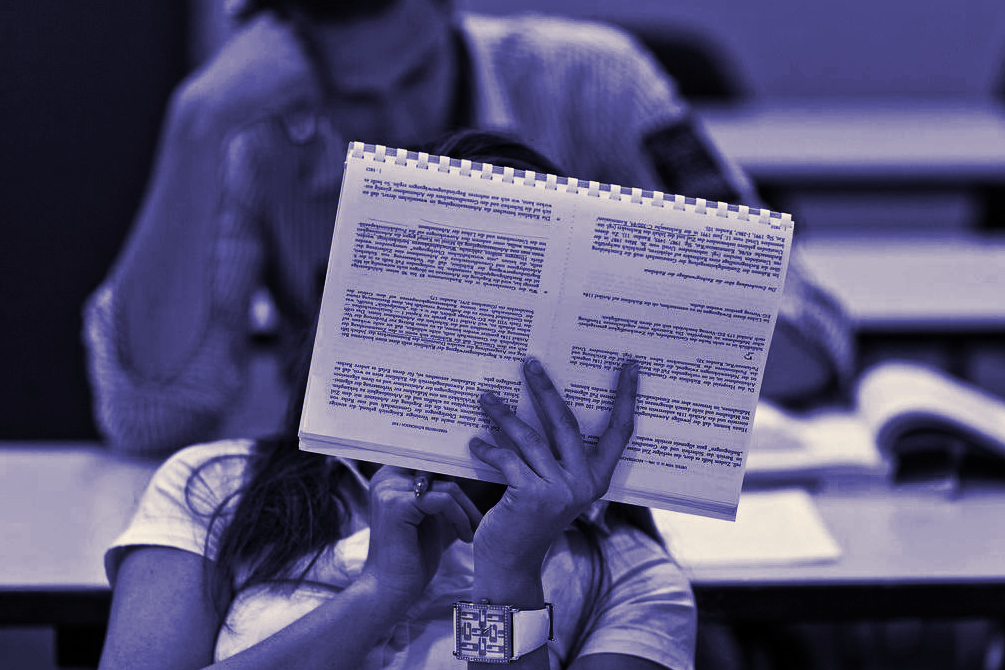
Switzerland has numerous universities, technology institutes and research centres which ensure that the country’s education system is among the world’s best. Foreign students must fulfil certain conditions to be admitted.
Students can choose between a traditional university and a University of Applied Sciences and Arts. The former have a strong focus on pure research, while the latter are more practical and carry out applied research. Attendees at applied sciences universities often come from a vocational education and training (VET) background.

More
Why is Switzerland’s higher education so good?
There are 12 public universities, including the two Federal Institutes of Technology, in Lausanne and Zurich, which count among the world leaders in science and engineering. Nine Universities of Applied Sciences and Arts as well as 14 Universities of Teacher Education round out the country’s public education system. The Graduate Institute of International and Development Studies in Geneva (IHEID) and the UniDistance Suisse foundation in Brig are also recognised university institutes.
Swiss universities operate according to the Bologna system. Students can obtain a Bachelor’s, Master’s or a PhD (doctoral degree).
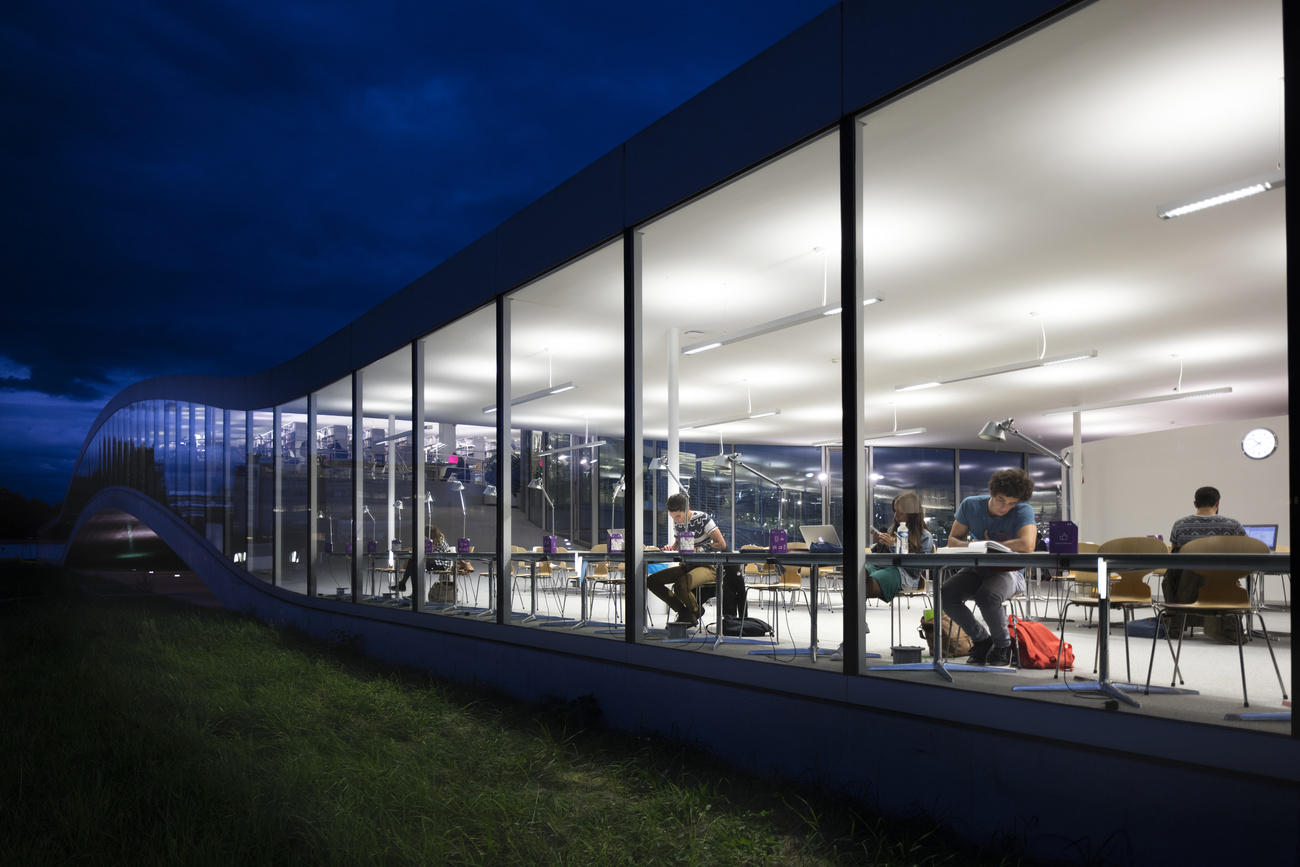
More
How important are university rankings?
Education is generally inexpensive for Swiss students compared with those in the United States and Britain as the system relies almost entirely on public funds from the cantons and local municipalities. Most undergraduate teaching is conducted in the local language (French, German or Italian), but English is increasingly used from Master’s level.
Admission requirements
Each university sets its own admission requirements. When applying, candidates must send in a number of documents, such as their diplomas and language proficiency certificates.
The university assesses whether the applicant’s upper secondary school diploma is equivalent to the Swiss school leaving certificate (Swiss Baccalaureate). If not, an entrance examination may suffice. Some institutions also require work experience and/or hold language tests to ascertain whether students have sufficient command of the language of instruction.

More
Switzerland still popular with overseas students despite Covid
Cutting-edge research
Switzerland is home to a number of renowned research institutions. It is also one of the world leaders in terms of gross domestic product (GDP) share spent on research and development.
The Swiss government supports academic research through the Swiss National Science FoundationExternal link (SNSF). The SNSF funds research in all academic disciplines from philosophy to nanoscience to biology. Overall, it supports around 20,000 researchers.
Another instrument at the government’s disposal is the Swiss Innovation Agency (Innosuisse). It brings together the private and public sectors to support the research and development of new technologies. It also promotes the launch of start-ups.
Several world-famous research institutions are also based in Switzerland. For example, the Paul Scherrer InstituteExternal link (PSI) in Aargau is one of Europe’s leading research institutes for natural and engineering sciences.
Switzerland is also at the forefront when it comes to space research. The first exoplanet was discovered by two Swiss researchers, for which they were awarded the Nobel Prize for Physics in 2019.

More
In space exploration, Switzerland punches above its weight
The European Organization for Nuclear ResearchExternal link (CERN) near Geneva provides an opportunity for scientists from all over the world to study the elementary particles which make up the universe. The famous Large Hadron Collider (LHC), built in 2008 at CERN, is part of a quest to explain how particles obtain their mass.
To find out more about Swiss universities, see:
– swissuniversities, umbrella organisation of Swiss universitiesExternal link
– State Secretariat for Education, Research and InnovationExternal link
– University rankings of Swiss institutionsExternal link
– study in switzerland+ is the official information platform for Swiss Higher EducationExternal link

In compliance with the JTI standards
More: SWI swissinfo.ch certified by the Journalism Trust Initiative
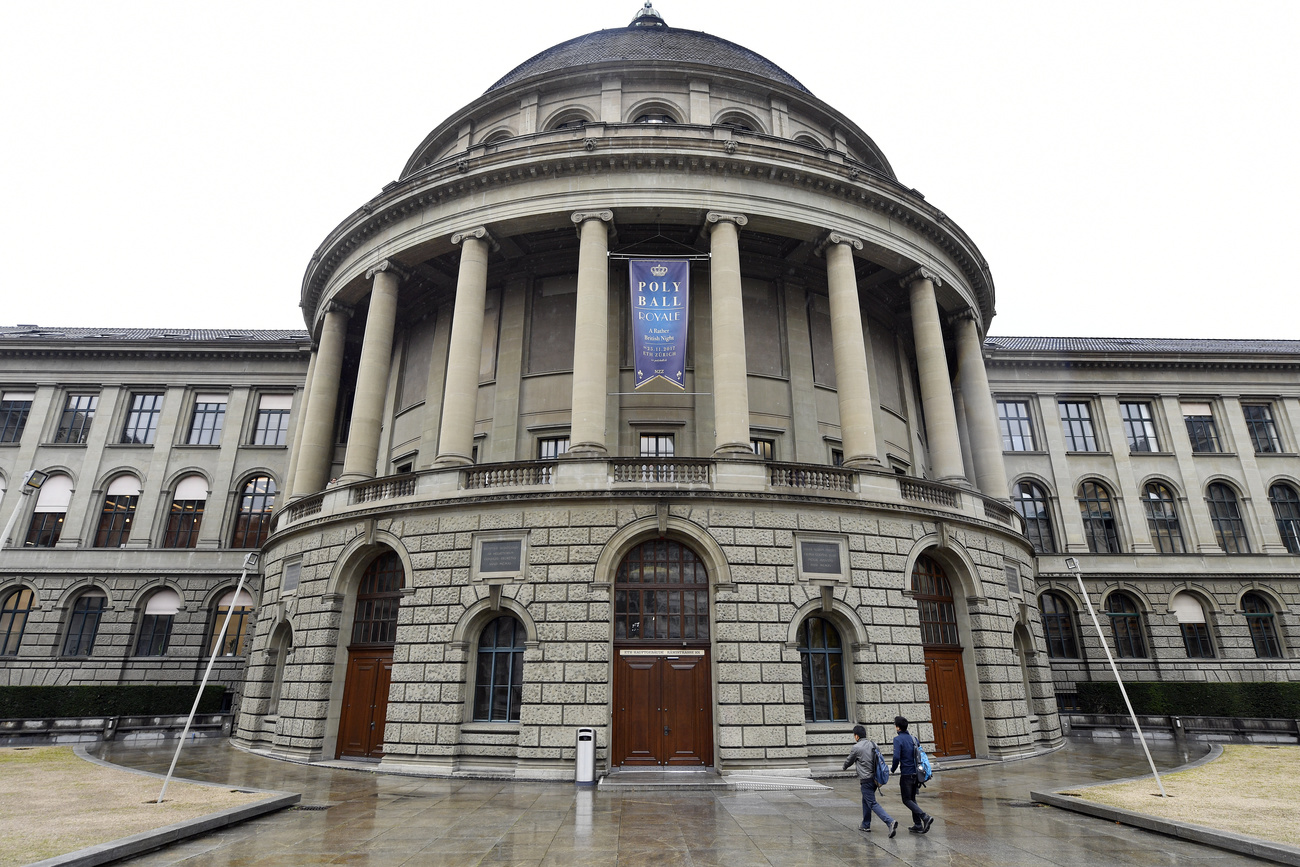
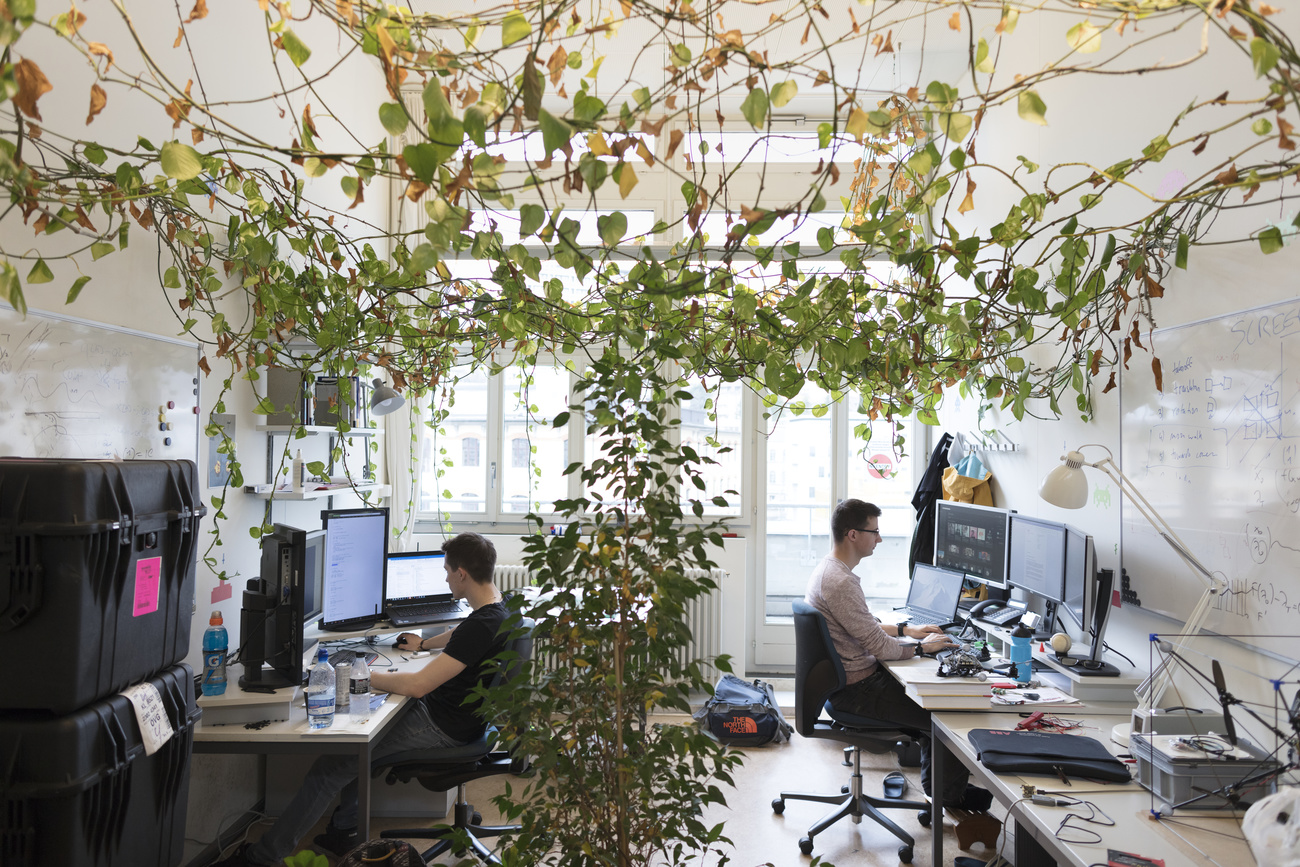
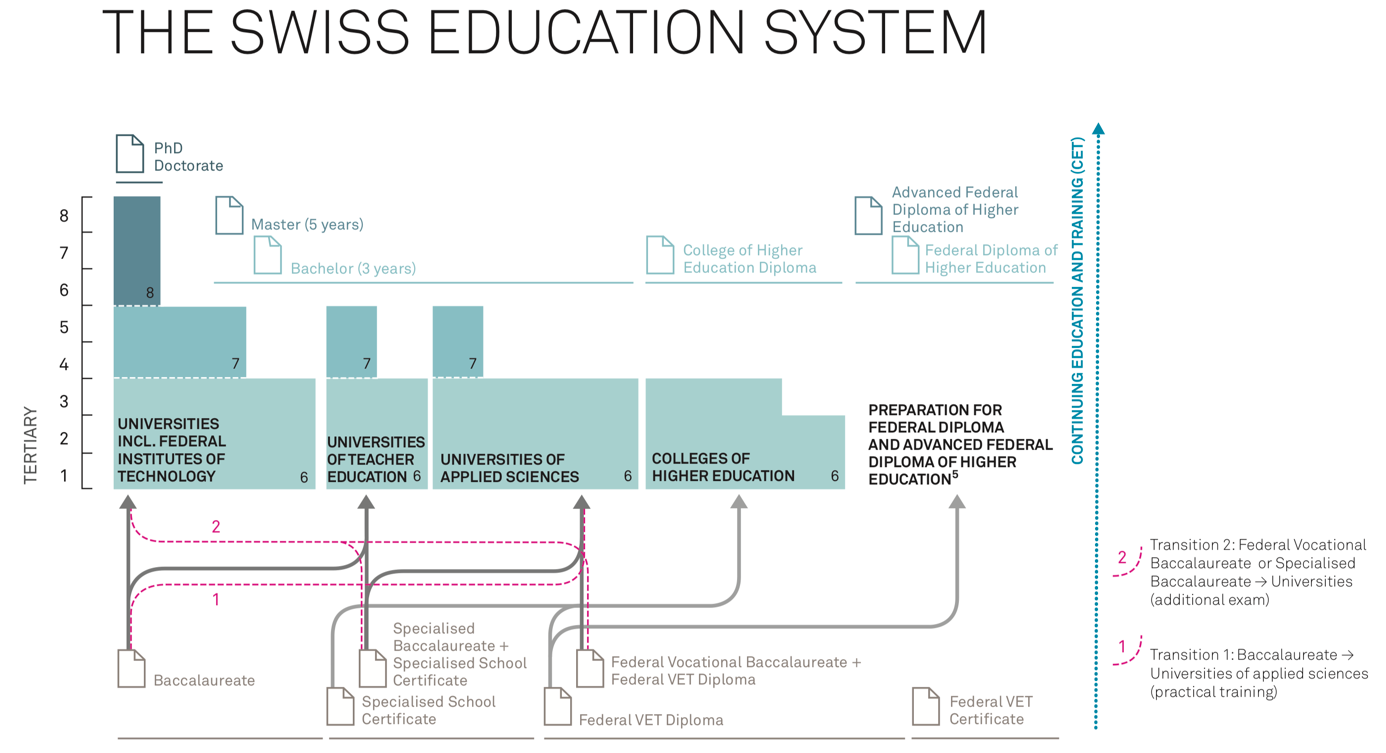
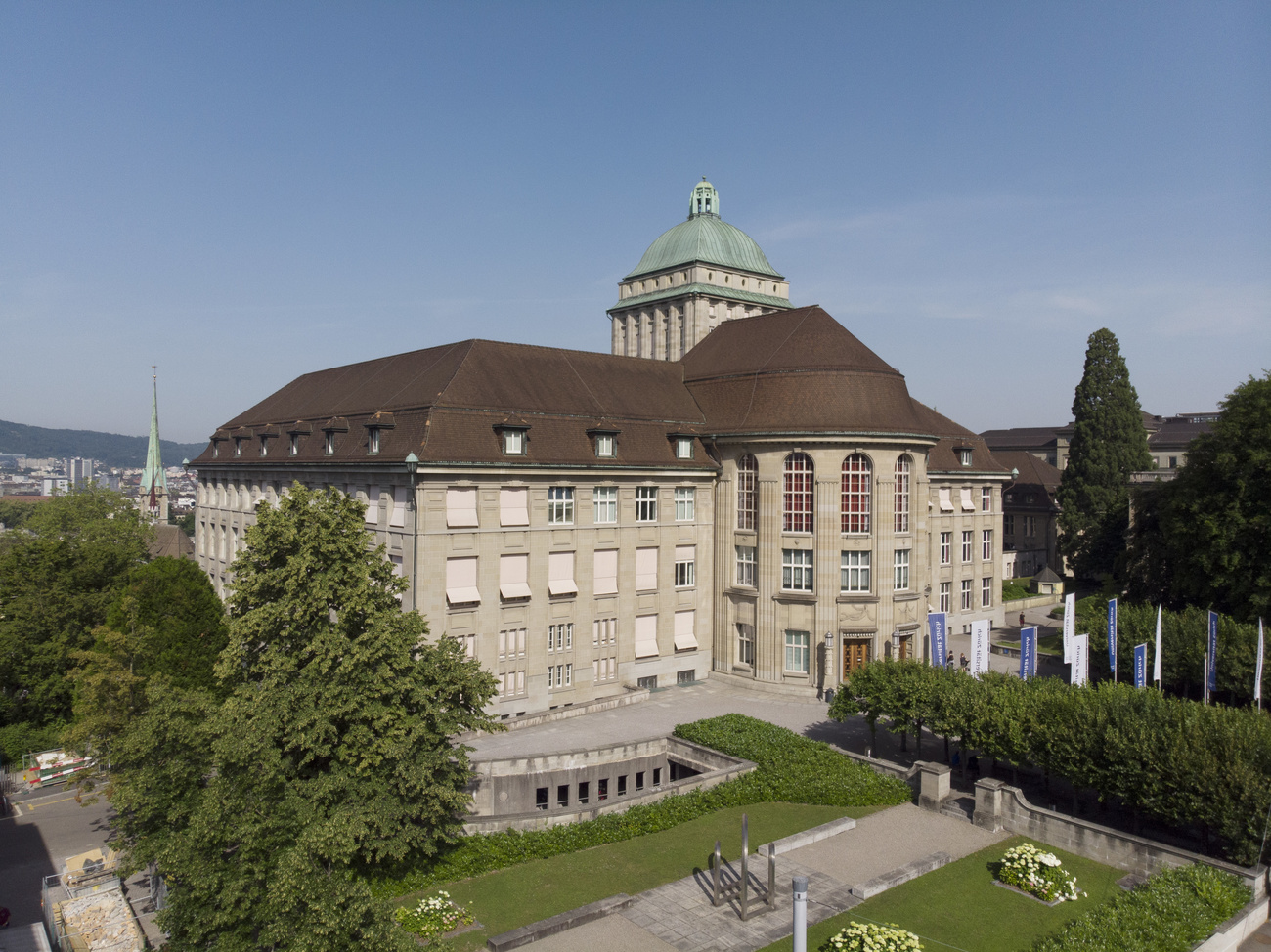
You can find an overview of ongoing debates with our journalists here . Please join us!
If you want to start a conversation about a topic raised in this article or want to report factual errors, email us at english@swissinfo.ch.